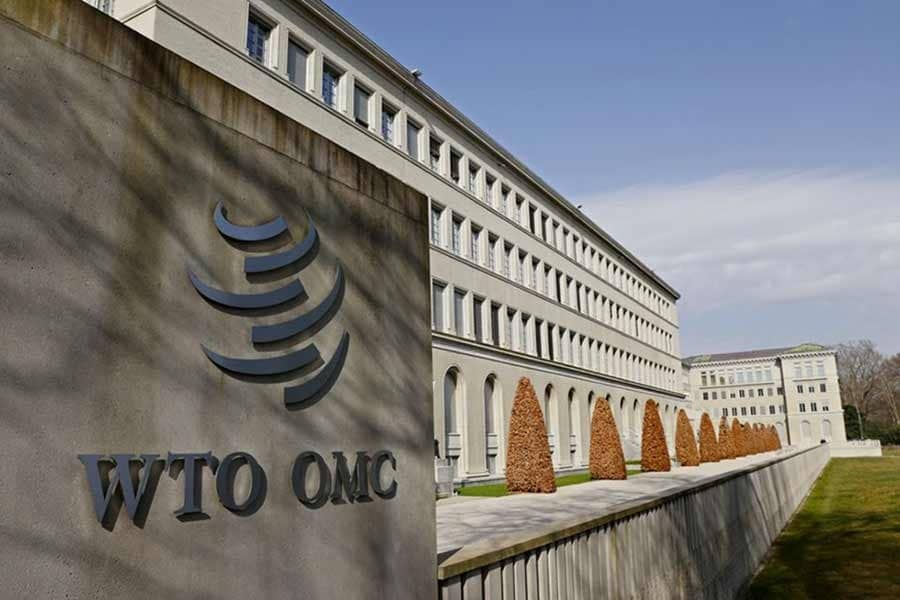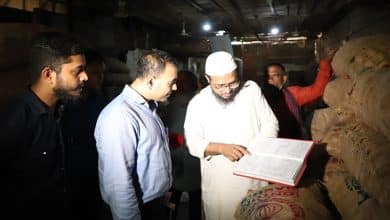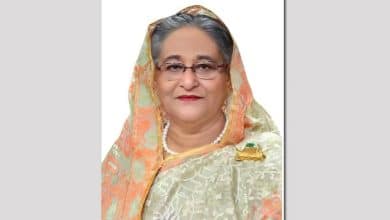
The much-expected Bangladesh’s hope of extension of the LDC trade benefit after the graduation to a developing country is dashed as the member countries of the World Trade Organisation (WTO could not reach consensus on the issue in their 12 th global congregation in Geneva, Switzerland.
Without agreeing on the extension of the ‘general market access’ by the LDC graduating countries, the WTO member countries agreed to provide some supports to the graduating countries based on need, country specific and based on assessment of the level of development of the graduating LDCs.
On the third day of the negotiation, the member countries could only reach in consensus that the graduating Least Developed Countries (LDCs would be given some supports but those are not specified in the negotiation documents yet which is depending on tough negotiation in future. Different studies suggest that Bangladesh will lose more than 7 billion worth of US dollar in export business every year and only in the EU, the main export destination, will be more than 5 billion US dollar in a year if the duty benefit is not retained.
The slowdown in export earning may also affect the employment level in the country. “The possibility of trade extension for the graduating LDCs is very thin” Hafizur Rahman, director general of the WTO Cell under the Commerce Ministry of Bangladesh told the journalists in Geneva on the side line of the 12 th WTO Ministerial Conference in Geneva, Switzerland. Currently, some 26 countries are waiting to be graduated from the LDCs to a developing countries as they are in the transition period now and 10 more countries are waiting to be graduated in next few decade.
“It is better that all the countries have agreed to provide some supports to the LDC graduating countries, although we demand general market access market for few years after the graduation,” Rahman also said. “We will continue our negotiation along with other LDCs so that we can get the general market access even after the graduation for few more years but not the supports based on need and country specific,” said Rahman. “Primarily, the US argued on the proposal of providing LDC trade extension benefit to the graduating countries and later few other developed countries also joined the USA in the meeting” said some negotiators at the meeting venue.
During the negotiation, all the LDCs, all the developing, many developed countries and the European Union (EU supported the proposal of graduating LDCs for the general market access for few more years, but finally it did not happen because of opposition by a few developed countries, Rahman said. Few developed countries argued that all the LDC graduating countries have not developed at the same pace, at the same standards and all the graduating countries’ needs are not the same. So, they agreed that the trade extension benefit will be given to the LDC graduating countries based on their needs, country specific and after the assessment of their level of development, he said. “We do not want any market access based on assessment of development, need and country specific. We want general market access to the LDC graduating countries,” said Mustafizur Rahman, distinguished fellow of the Centre for Policy Dialogue (CPD) who is also joined the 12 th WTO Ministerial Conference.
“The member countries agreed to provide some supports to the graduating LDCs but it is not specified yet in the texts what kinds of supports will be given to the LDC graduating nations and when the supports will be given,” Mustafizur Rahman also said. Although the member countries agreed to give some supports but it is not specified yet, he said. Faruque Hassan, president of Bangladesh Garment Manufacturers and Exporters Association (BGMEA said in the time of Covid-19 recovery, Russia Ukraine war, global inflationary pressure, and high commodity prices, the continuation of the LDC benefit was needed for Bangladesh. “Our garment export will definitely be badly impacted because of the discontinuation of the market access and as the trade cost has gone high a lot because of volatile global economic situation,” said Hassan.
The government should expedite the efforts of signing Free Trade Agreements (FTAs, Preferential Trade Agreements and Comprehensive Economic Partnership Agreement with major countries for retaining the duty – free market access even after the LDC graduation. Hafizur Rahman also said another major demand of Bangladesh – the continuation of the waiver of the Trade Related Aspects of Intellectual Property Rights (TRIPs up to end of 2032 has been put in the agenda for further negotiation, but not agreed in the current WTO Ministerial Conference. But, if the proposal of much negotiated reduction of subsidies on fishing, particularly in the marine fishing, gets through, Bangladesh might be benefited as the member countries agreed for waiver of the LDCs for seven years.





